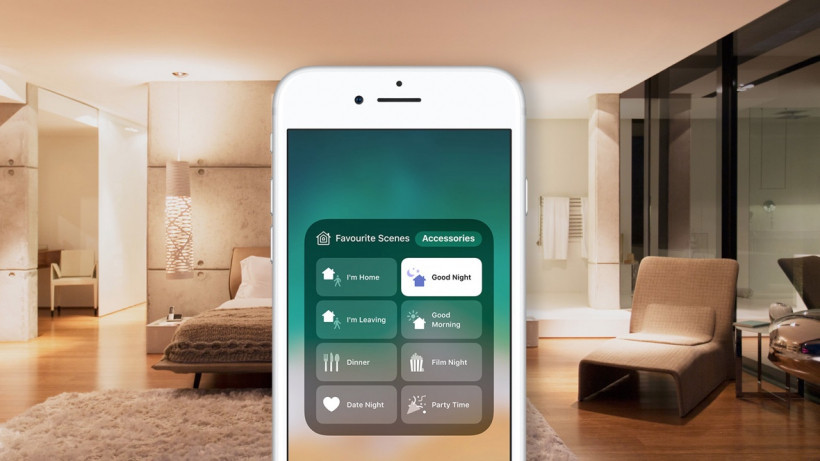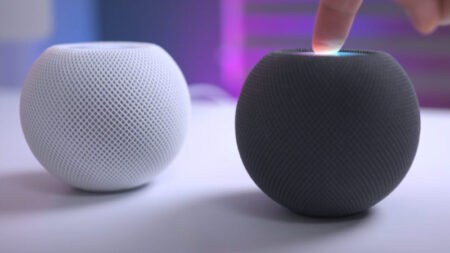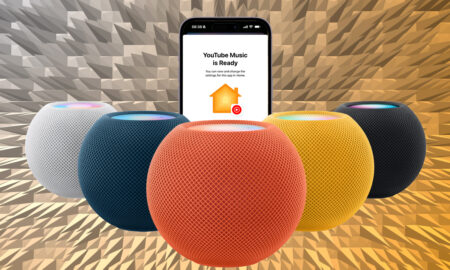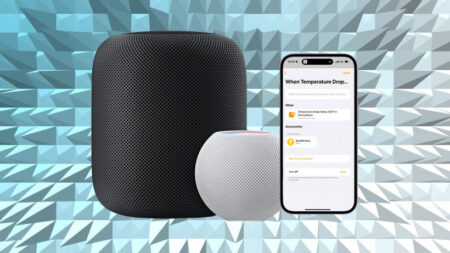Progress is slow – but Apple’s smart home might be one worth living in
Alexa is running away with the smart home game and Apple’s inaction is leaving it dangerously behind. That’s the surface narrative many will spin after a lukewarm WWDC for Apple in the area – but look a little deeper, and there’s more to Apple’s smart home strategy than initially meets the eye.
HomeKit (the framework) and Apple Home (the app) got around two minutes of attention at Apple’s WWDC keynote. And against the backdrop of the HomePod smart speaker, which is struggling to gain market share, it’s not a rosy picture.
But Apple looks like it’s pursuing a different strategy now, by attempting to take Amazon and Google to task on privacy. It’s far from glamorous, but it’s an issue that’s holding the smart home back, and will seemingly continue to do so until something changes.
A survey by Consumers International and the Internet Society revealed 63% of people find connected devices to be “creepy,” and 75% don’t trust how their data is shared. A 2018 study by MusicWatch revealed 48% of respondents were worried about the security and privacy of smart home devices. The stats are the same time and time again, whichever study you compare.
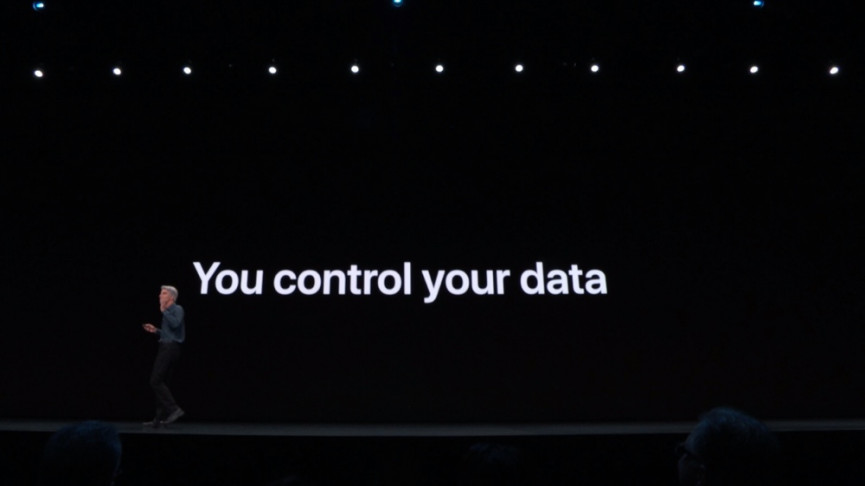
It’s the elephant in the room that Amazon’s been intent on ignoring – even after launching three generations of its smart speakers, with new features landing seemingly weekly, it’s only really now waking up to the issue. Last week it launched new ways to delete Alexa voice recordings and a mechanical camera cover to side-step negative criticism, as Alexa lurched from one privacy outcry to another. It’s a start, but the damage may already be done.
Apple, on the other hand, is taking things painfully slowly. One of its ‘big’ WWDC feature additions to HomePod was radio stations, and it’s mind-boggling to think this wasn’t part of the original launch.
But additions to HomeKit are privacy-first – even if they lag years behind rivals.
New APIs bring cameras and doorbells to HomeKit for the first time, but with a key difference. The upcoming Arlo, Eufy, Logitech and Netatmo devices will hand off video to your HomeKit hub (Apple TV, iPad, HomePod) to process locally, before they’re encrypted and sent to iCloud for 10 days of free storage.
And as senior vice president of software engineering Craig Federighi explained, that’s to give users more control over their footage:
“Most home cameras today send people’s video up to the cloud so it can be analysed,” he said.
“Unfortunately, this risks your privacy, but we have a new way. HomeKit has been designed from the outset to protect privacy and security in your home accessories.”
To some degree, the slow uptake of HomeKit compatible devices by hardware makers is about the stringent rules Apple lays down for hardware makers. It’s a lot easier to knock something up for Alexa and Google Home than Apple HomeKit. Where’s your data going and what rules do the individual Alexa skills have in their terms and conditions? Few Alexa users could tell you.
It means Apple has given first move advantage to Alexa – but Amazon may have conceded long-term damage to its reputation as a responsible guardian of data in the process.
The smart home is still in the early stages, and there’s plenty of room for Apple’s message around privacy to hit home. How many people will take it on board, of course, still remains to be seen.


